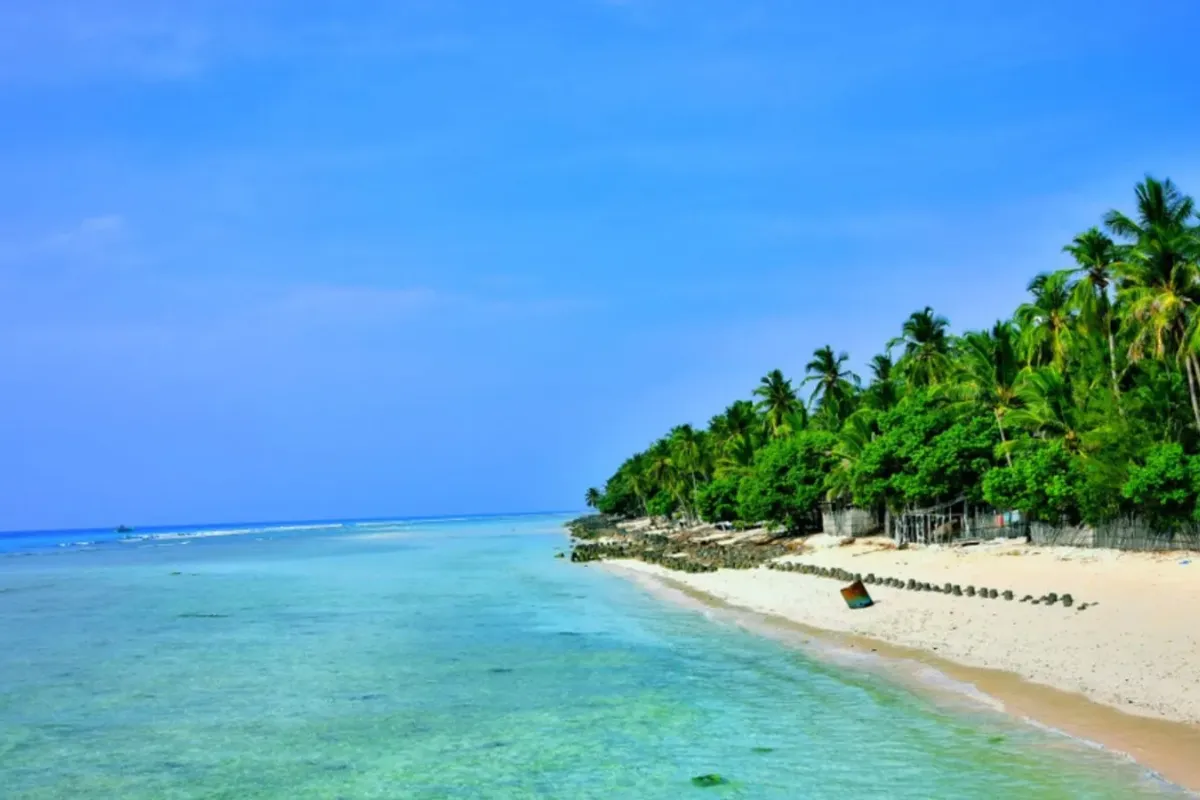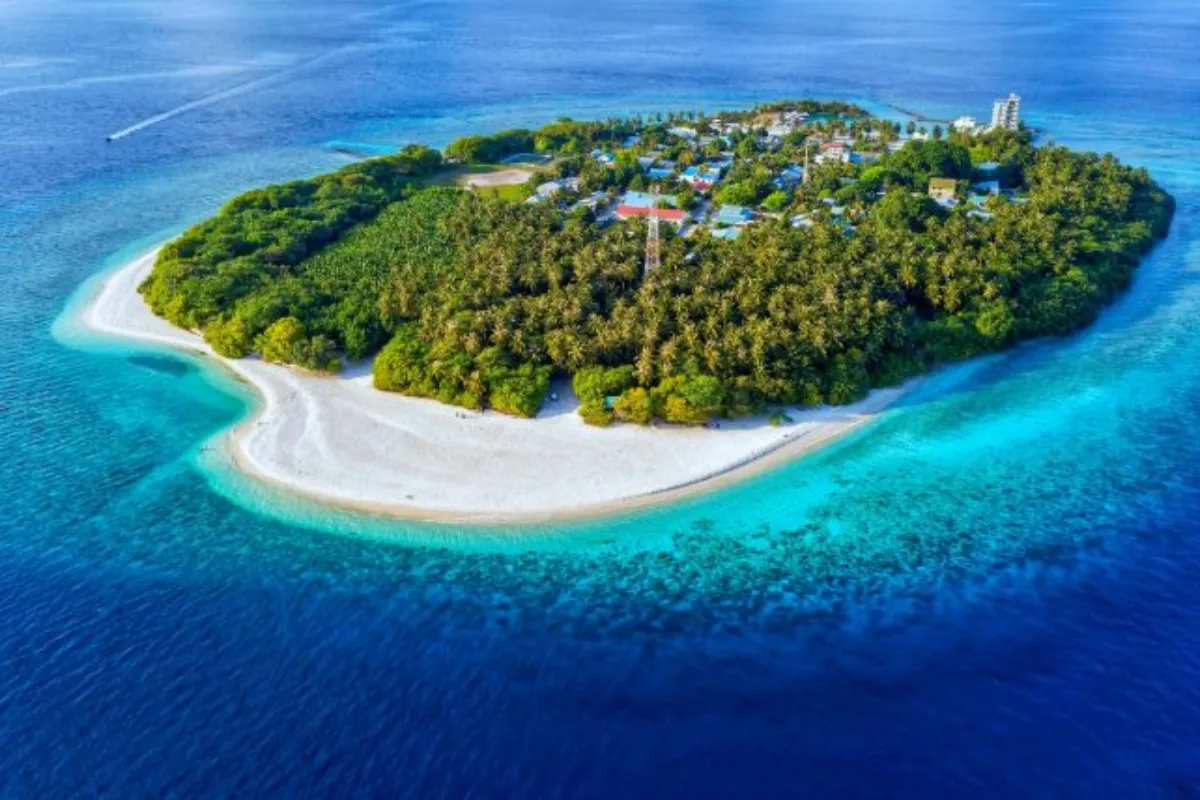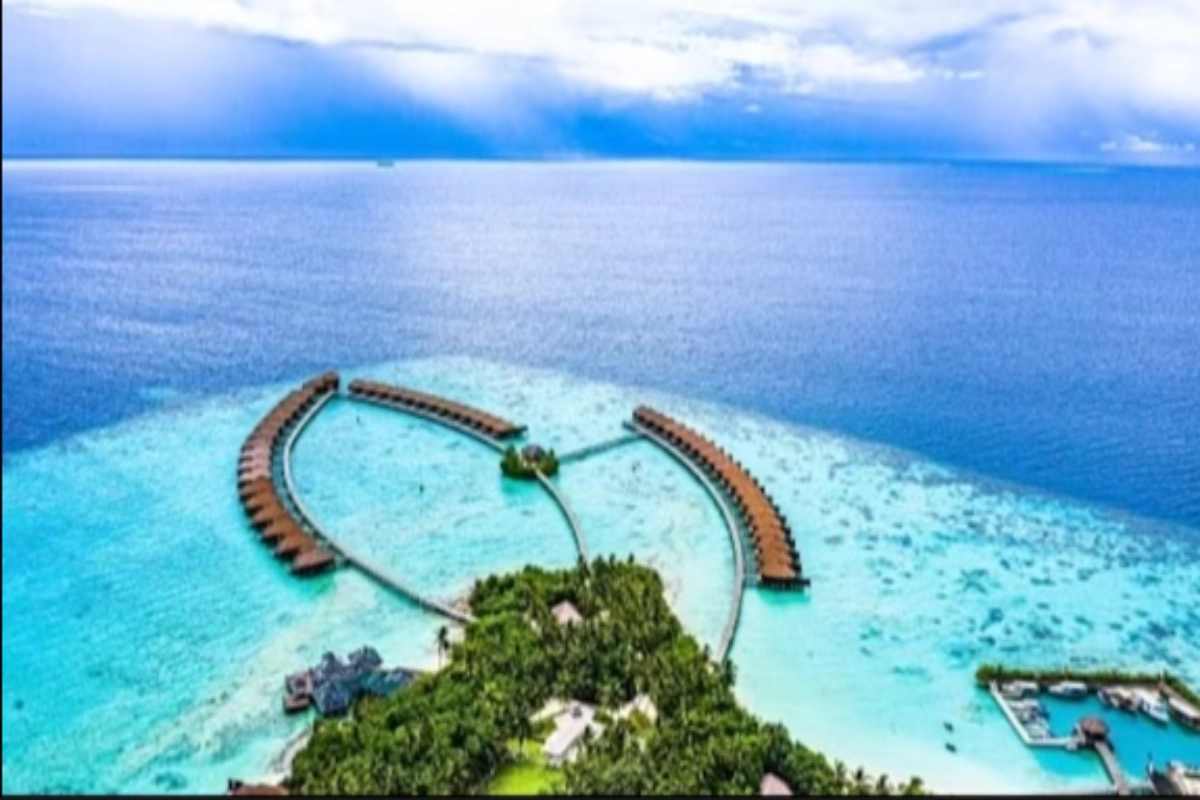India is making strategic moves to strengthen its maritime security posture and infrastructure in the Lakshadweep Islands, a strategically important archipelago in the Arabian Sea. This initiative aims to address growing concerns about piracy, Houthi rebel activity, and Chinese expansionism in the region, while also safeguarding vital global trade routes.
India’s Forward Operating Base: INS Jatayu
On March 6, India is set to commission its latest naval bastion, INS Jatayu, strategically positioned on Minicoy Island, the southernmost gem of the Lakshadweep archipelago. Bearing the illustrious name of the mythological bird renowned for its valor and unwavering loyalty, the base will assume a pivotal role as India’s forward operating base in the Arabian Sea. Functioning as a vigilant sentinel, INS Jatayu will stand poised to swiftly and decisively respond to a spectrum of potential threats, cementing its status as a key asset in safeguarding India’s maritime interests and ensuring regional security.
Enhancing Operational Capabilities and Deterrence
INS Jatayu isn’t just symbolic; it represents a concrete step towards bolstering India’s operational capabilities in the region. The base will:
- Increase India’s operational reach for anti-piracy and anti-narcotics operations in the Western Arabian Sea.
- Facilitate the deployment of Sukhoi-30 and Rafale fighter jets, serving as a deterrent against potential adversaries like China and Pakistan.
- Enhance surveillance capabilities in the region, ensuring the safety and security of vital sea lanes of communication (SLOCs).
Boosting Tourism and Infrastructure
The development in Lakshadweep goes beyond just military considerations. The Indian government also aims to:
- Enhance tourism in Minicoy Island by developing resorts, infrastructure, and helipads. An eco-tourism project is already underway, featuring the construction of beach and water villas.
- Upgrade the existing airstrips in Minicoy and Agatti Islands, allowing for the operation of larger aircraft and further boosting connectivity.
Strategic Importance of Lakshadweep
The Lakshadweep Islands hold immense strategic importance for India due to their location:
- They straddle the nine-degree channel, a crucial trade route carrying billions of dollars of commerce between Southeast Asia and the Middle East.
- They are situated just 524 km from the Maldives, a nation with which India has traditionally had close ties, but recent political developments have strained the relationship.
India’s Growing Presence in the Indian Ocean Region (IOR)
The development in Lakshadweep is part of India’s broader strategy to increase its presence and influence in the IOR. India’s growing footprint in the region is driven by several factors:
- Securing its maritime interests: India’s vast coastline and dependence on seaborne trade necessitate a robust maritime security posture. The IOR is home to vital shipping lanes carrying essential resources like oil and gas, and India seeks to ensure the free flow of trade and protect its economic interests.
- Countering emerging threats: The rise of piracy, drug trafficking, and non-state actors in the IOR poses a security challenge. Additionally, China’s growing assertiveness in the region is seen by India as a potential threat to its strategic interests. By bolstering its presence, India aims to deter these threats and maintain a stable security environment.
- Playing a leading role in regional security: India aspires to be a net security provider in the IOR, offering cooperation and assistance to regional partners. This leadership role involves sharing maritime expertise, conducting joint exercises, and collaborating on initiatives to address common security concerns.
- Promoting economic development and connectivity: India envisions the IOR as a hub for economic cooperation and development. Initiatives like Sagarmala, which focuses on port development and maritime infrastructure, aim to boost regional trade and connectivity.
India’s growing presence in the IOR carries both opportunities and challenges:
- Opportunities: India can leverage its strategic location, economic strength, and growing naval capabilities to foster regional cooperation, promote economic development, and establish itself as a leading power in the IOR.
- Challenges: Balancing its interests with other regional players, navigating complex geopolitical dynamics, and addressing emerging security threats will require careful diplomatic maneuvering and continued investment in its maritime capabilities.
Challenges and the Way Forward
While India’s efforts to strengthen its maritime security posture are commendable, there are still challenges to overcome:
- The recent change in government in the Maldives has led to a pro-China tilt, potentially complicating India’s strategic calculations in the region.
- The ongoing piracy and drug trafficking threats in the Arabian Sea necessitate continued vigilance and collaborative efforts with regional and international partners.
Despite these challenges, India’s commitment to developing its maritime capabilities and securing its strategic interests in the IOR remains strong. The development of INS Jatayu and the focus on infrastructure development in Lakshadweep are significant steps in this direction. By continuing to invest in its maritime security infrastructure and fostering closer cooperation with regional partners, India can ensure the safety and security of its vast coastline and play a vital role in maintaining peace and stability in the IOR.












